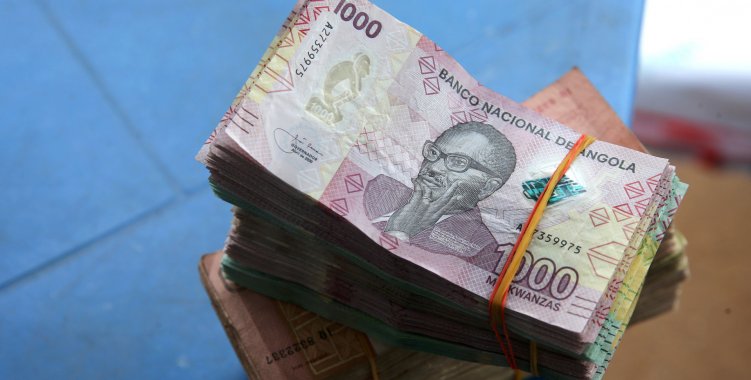"Economies have these seasonalities, Angola is not outside the classic seasonalities, we had this exchange rate shock, but we are already at a level of equilibrium, so it is not a question of volatility, but rather of predictability of the rate, which has reached a new equilibrium", said Ivan dos Santos.
Speaking to Lusa, on the sidelines of the Doing Business Angola conference, which took place on Tuesday in Lisbon, the government official highlighted that the important thing is to have predictability of the exchange rate and argued: "We have already managed to achieve this balance within what is a policy acceptable exchange rate for the Angolan market".
The kwanza fell sharply in the first half of this year, essentially due to the end of the three-year moratorium on Chinese debt, which ended in June and puts pressure on foreign currency reserves, the fall in oil revenues, given the reduction in prices and production, and interest rate cuts between January and June, to 17 percent.
At the beginning of January, 1 dollar was worth just over 500 kwanzas, but, in May, the Angolan currency began to depreciate and, in June, it took more than 830 kwanzas to buy a dollar, a value that has been more than less constant so far.
Asked about the importance of the oil sector and the attempt to diversify the economy, Ivan dos Santos argued that it is already the non-oil sector that is driving the growth of the Angolan economy, which is expected to grow below 2 percent this year, with several consultants predicting much lower growth or even a return to recession.
"We have to look at growth from the perspective of oil and non-oil growth; with this model of non-oil growth that is greater than oil, there is room for investors to invest in agribusiness and industry", said the official, stressing that The Executive's big message is to convince investors that Angola has changed.
"We were used to living off the production and export of oil, but the paradigm changed from 2017, with diversification, and the engine of growth is now agribusiness", he stated, remembering that the strategic development plan until 2050 shows the desire to depend less and less on crude oil and to invest in private investment.
"Our vision estimates that we will need 950 billion dollars to achieve the plan's objectives, of which 450 billion will come from foreign investment in the non-oil sector. It is the private sector that has the largest share to boost Angola's economy", he highlighted, pointing out that the government is giving great importance to "improving the business environment, making it easier to obtain visas, introducing VAT for locally produced goods and capitalizing some banking institutions".
All this, he concluded, "catalyzes those who want to invest and participate in the industrial and agribusiness sector".







